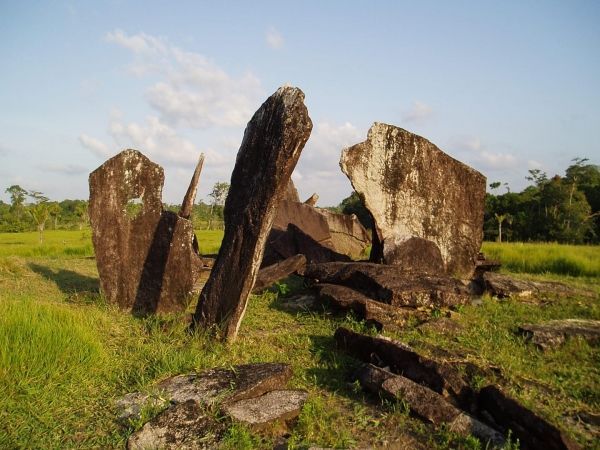A new study of climate changes and their effects on past societies offers a sobering glimpse of social upheavals that might happen in the future.
The prehistoric groups studied lived in the Amazon Basin of South America hundreds of years ago, before European contact, but the disruptions that occurred may carry lessons for our time, says study coauthor Mitchell J. Power, curator of the Garrett Herbarium at the Natural History Museum of Utah, University of Utah.
The paper, “Climate change and cultural resilience in late pre-Columbian Amazonia,” published on the Nature Ecology & Evolution website June 17, traces impacts in the Amazon before 1492.
Climatic conditions in the Amazon Basin underwent natural shifts during periods when much of the rest of the Earth also was impacted. These times are known as the Medieval Climate Anomaly, from about AD 900 to 1250, and the Little Ice Age, 1450-1850. In Amazonia, rainfall amounts and patterns changed, affecting agriculture and subsistence patterns.
Read more at: University of Utah
Megalith site in Amapa, Brazil (Photo credit: Dr. Frank Mayle, University of Reading, UK.)


